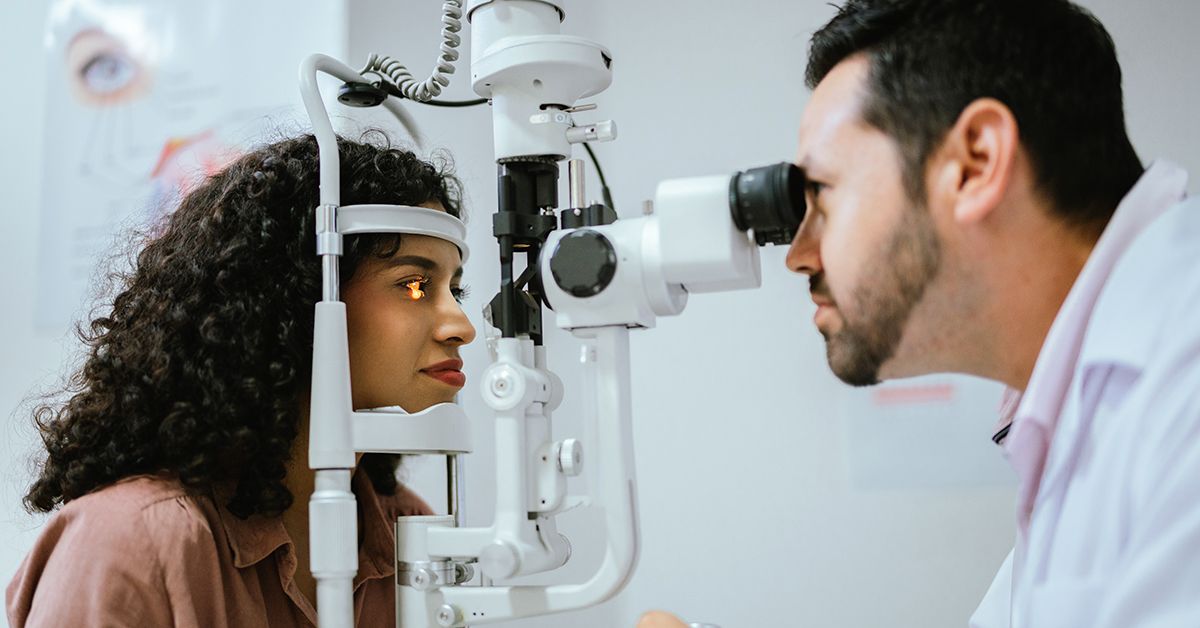
- Select a language for the TTS:
- UK English Female
- UK English Male
- US English Female
- US English Male
- Australian Female
- Australian Male
- Language selected: (auto detect) - EN
Play all audios:
Regardless of the move to degree-only training, or the increasing emphasis on evidence-based practice, compassion and care still underpin nursing and are by far the most fundamental aspects
of the role. It is a difficult time to be a student nurse. Morale on the wards is the lowest it has ever been and this is exacerbated by a negative public perception of the profession. With
so many patients complaining about the NHS and so little satisfaction among the people we came into nursing to help, it is important to keep in mind why we chose to become nurses. What is
important to me is maintaining the passion I feel when caring for the sick. I want to make Britain proud of its nurses and the skills they offer in each and every setting. I want to be able
to say in a few months: “_I am proud to be a nurse_”. But there’s no denying that nursing is hugely stretched. There is no time, there are no staff, but still people become ill. Times are
extremely difficult for all nurses and this includes us students. We cannot change the system, the politics or the funding that cause these conditions. Yet involving patients and families in
nurse education grants us the gift of empathy, the skill to see what patients want, and the insight to discover why. With this, and the willingness to care, they will see we are trying.
Ficcara (2010) described this with the claim: _“it is with empathy that we can engage and empower our patients”_. An empathetic attitude towards our patients not only allows us to view life
from their perspectives, but allows us to assess, plan, implement and evaluate care appropriately and effectively. In this way individual needs are met, patients feel listened to and become
an integral part of their care. They feel more in control despite having an illness. That is why it is important for student nurses to engage with patients at the earliest opportunity. I’ve
learnt a lot from my patients and their families but the most profound lessons have been in palliative care. > “My most profound lessons have come from palliative care” Caring for dying
patients is an honourable task which has shown me not only what is important professionally but within my own life as well. Palliative care has taught me how to be a good nurse, because this
is a stage where everything seems magnified and time becomes critically important. I will never forget the simple pleasures patients take from being washed with a warm flannel or from
having cream applied to their hands. These are things we wouldn’t even think about in everyday life, but are things that should be taken back to ‘normal’ patient care. Some lessons just
cannot be taught in university. Support of families is often as important as that of the patients themselves, who often arrive at acceptance long before their relatives. One thing that
strikes me is the lasting effect a good nurse can have. People remember good nursing for a lifetime and draw comfort from it in times of difficulty. Personally I take strength from my
patients; they teach me to be strong in the face of adversity and guide my moral decisions. Being told by families that you have the right attitude or are good at your job helps to build
confidence, but it also helps me maintain a respect for the profession and to learn to respect myself. My patients and their families have shown me professionally that it is the simple
things that matter most to them; fundamental, basic care and compassion. I am determined to remember this throughout my nursing career. I have noticed my professional and personal life have
become increasingly intertwined since starting my training. I could no longer identify where the ‘nurse’ ends and I begin. To be quite honest I think that the early exposure to patients and
their families through my education has shaped me entirely, and it has become less about information taught in the classroom. Nursing is not solely an occupation but an identity, defining
who we are as individuals. I am, or soon hope to be, a ‘nurse’. > “My professional and personal life have become increasingly > intertwined since starting my training” I want to stand
up against the view that nurses lack compassion and competence. Let the public teach us how to develop within our careers. Let patients and families influence us and encourage us to be
grateful for our own lives. Let them teach us to be nurses, and let us in turn inspire them and make the nation proud of our profession. _Caroline Estrella is a third year adult branch
student at Nottingham University_ REFERENCES: FICCARA B (2010) Deeply connect and engage your patients with empathy







